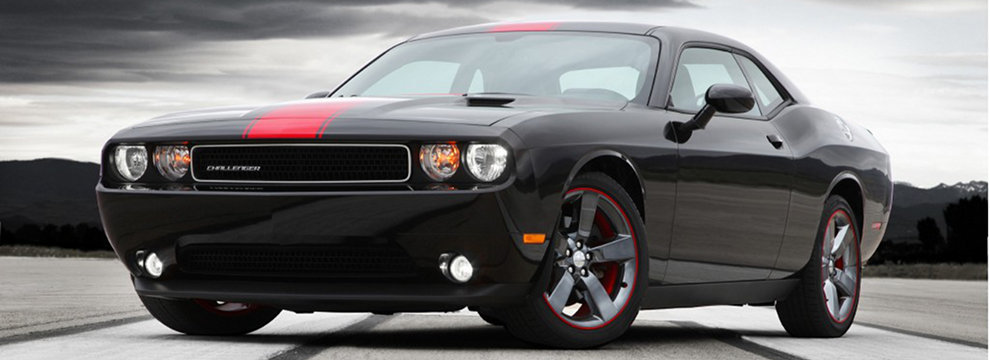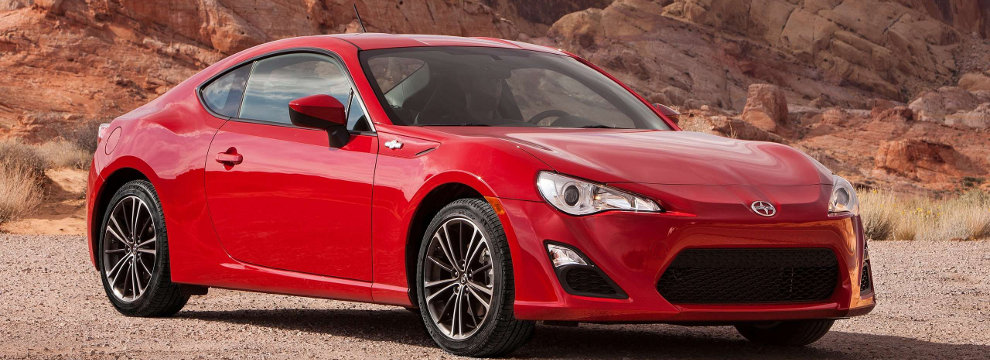
OEM Parts
Perhaps you have heard of OEM parts. OEM stands for Original Equipment Manufacturer.
The original manufacturer - the company that manufactured your vehicle - makes these parts available to consumers and car owners, usually through its dealer network but also through auto parts stores, discount outlets and internet stores.
There is only one problem with most of these parts: the auto companies usually do not manufacture them. The auto manufacturers usually "outsource" the producing of these parts. And that is OK, it is just that when the part you purchase comes in a box with the vehicle manufacturer's logo or symbol on it, you naturally assume the company designed and made the part. But that is not usually the case.
What usually happens is that the company that produces your vehicle contracts with another company to design and build parts that they, the original manufacturer, then uses to build its vehicles. As you probably have come to realize, this is not necessarily a bad thing. The company hired by your vehicle producer most of the time takes care that the part is designed properly, that it is made of quality materials, and that it does the job it is supposed to do.
The quality control and testing departments of large automobile, truck, van and SUV companies are responsible for making sure the parts on your vehicle, and those available as replacement parts, are high-quality components, and they usually make this happen. Let's face it, if the OEM companies did not obtain quality parts, the product they produced would not be quality either. End of story. Quality parts make a quality product; it's that simple.
After vehicles have been on the market for awhile, OEM parts become available not only to dealers but to auto parts stores, discounters and internet stores as well. The parts now are packaged in a box with the actual manufacturer's label on it. For the most part, these parts are identical to OEM parts. But they sell for up to 70% less than so-called OEM parts. So just be aware that the parts you purchase from a dealer, even though they have OEM labels on the packaging, are not necessarily better nor are they necessarily worth paying up to 70% more for than parts that do not have OEM labels.
Aftermarket parts are an entirely different area. Independent companies make aftermarket parts. These companies often design and make them identical to so-called OEM parts, even using the same materials and the same machinery. But they in fact may even be better than OEM parts because of some design improvement or the use of higher-quality materials than the originals. Of course the opposite may also be true: the part you are buying could possibly be made using lesser-grade materials than the original and it is possible that the aftermarket manufacturer could have taken a shortcut or other cost-saving measure with the result being a lesser quality part. However, for the most part, consumers can feel confident that aftermarket parts will perform as well, or better than, OEM parts. This includes wear characteristics.











